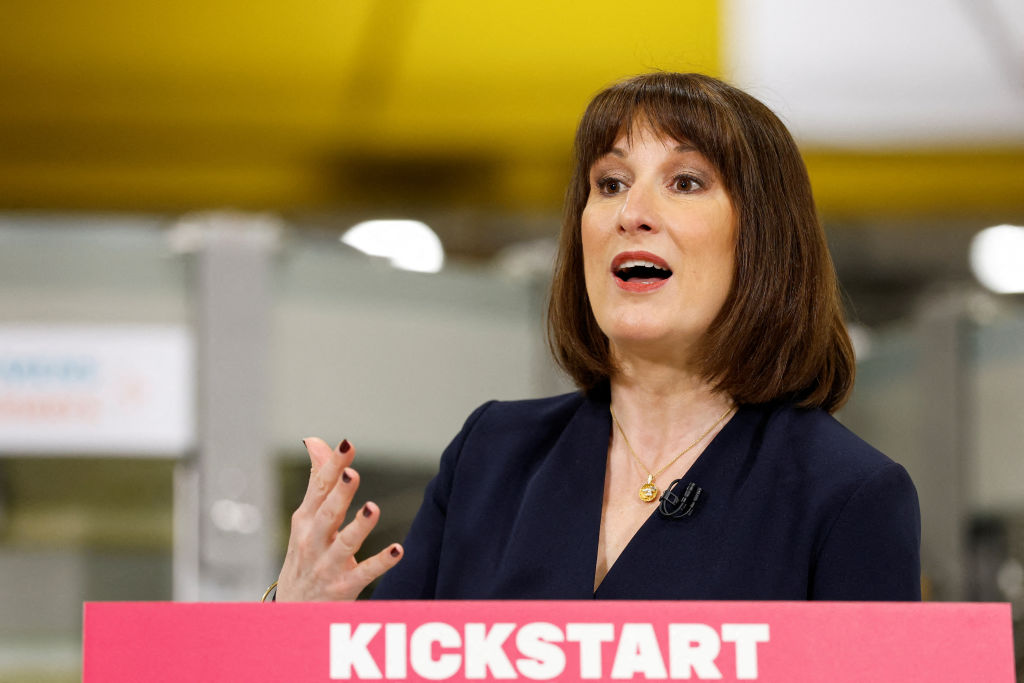Why is it that some lies get endlessly repeated without ever being challenged, even though they are quite obviously wrong? In her pro-growth speech today, the Chancellor Rachel Reeves asserted:
‘There is no trade-off between economic growth and net zero’.
Government ministers, advisers and many others have been saying such things for years – and hardly ever do they get properly challenged.
To pretend that no such trade-off exists is foolish
It is easy to see why, for political reasons, you might want to argue that committing Britain to achieve net zero carbon emissions by 2050 will not make us poorer and indeed might make us wealthier. You want to impress on the public that they can have their cake and eat it. Yet it makes no logical sense. You can say that there is no trade-off between the pursuit of energy efficiency and economic growth because the former is focused on cutting costs, which helps to achieve the latter. But cutting carbon emissions to zero is an act of deprivation. It means refusing to use sources of energy that have enriched the world immeasurably over the past 200 years. It also involves voluntarily giving up other established ways of doing things, such as making steel and cement, growing food, and manufacturing anything from plastic. If there were alternatives to all these things that were better and cheaper, we would want to use them anyway – we wouldn’t need to commit ourselves to net zero because they would naturally be adopted as a consequence of the pursuit of economic growth.
To argue that there is no trade-off between economic growth and net zero, you have to believe that there are multiple technologies out there waiting to be invented but that wouldn’t be invented if it weren’t for the incentive created by our net zero target. It is a lovely idea, but sadly it doesn’t seem to be borne out by reality.
There is innovation taking place in clean energy, but it doesn’t seem to be especially concentrated in countries that have a net zero target. On the contrary, it is China – where manufacturers are unencumbered by a legally binding net zero target – that is succeeding in pushing down the cost of wind turbines and solar panels (although some of that is thanks to the employment of forced labour). As for the breakthroughs in energy storage that would be required to power an effective, affordable grid dominated by wind and solar, they are proving somewhat elusive everywhere. The same is true of green steel, cement and many other things required to achieve net zero: while in some cases there may be alternative technologies that help reduce emissions, there is scant sign that any will be cheaper than existing technology – quite the reverse.
Much as I disagree with the climate extremists who openly say they want to make us poorer in order to reach net zero, they are being more honest than Reeves. Take UK Fires, for example, a group of academics that was commissioned by the last government to look into the aviation industry and net zero. It concluded: ‘There are no options for zero-emission flight in the time that is available for action, so the industry faces rapid contraction.’ That is the reality if you are determined to achieve net zero by 2050. As I wrote here earlier in the week, we are a long way from powering planes with affordable Sustainable Aviation Fuel (SAF), as Reeves wants to do, and even if the industry could get to 100 per cent SAF, it would only reduce emissions by around 40 per cent.
There is nothing wrong with trade-offs in themselves. All of us have to make them all the time. But the honest trade-off between net zero and economic growth is to ask: by how much are we prepared to compromise economic growth to achieve net zero? Would we be happy shrinking the economy, and if so, how many people are we prepared to throw into poverty? To pretend that no such trade-off exists is foolish.








Comments